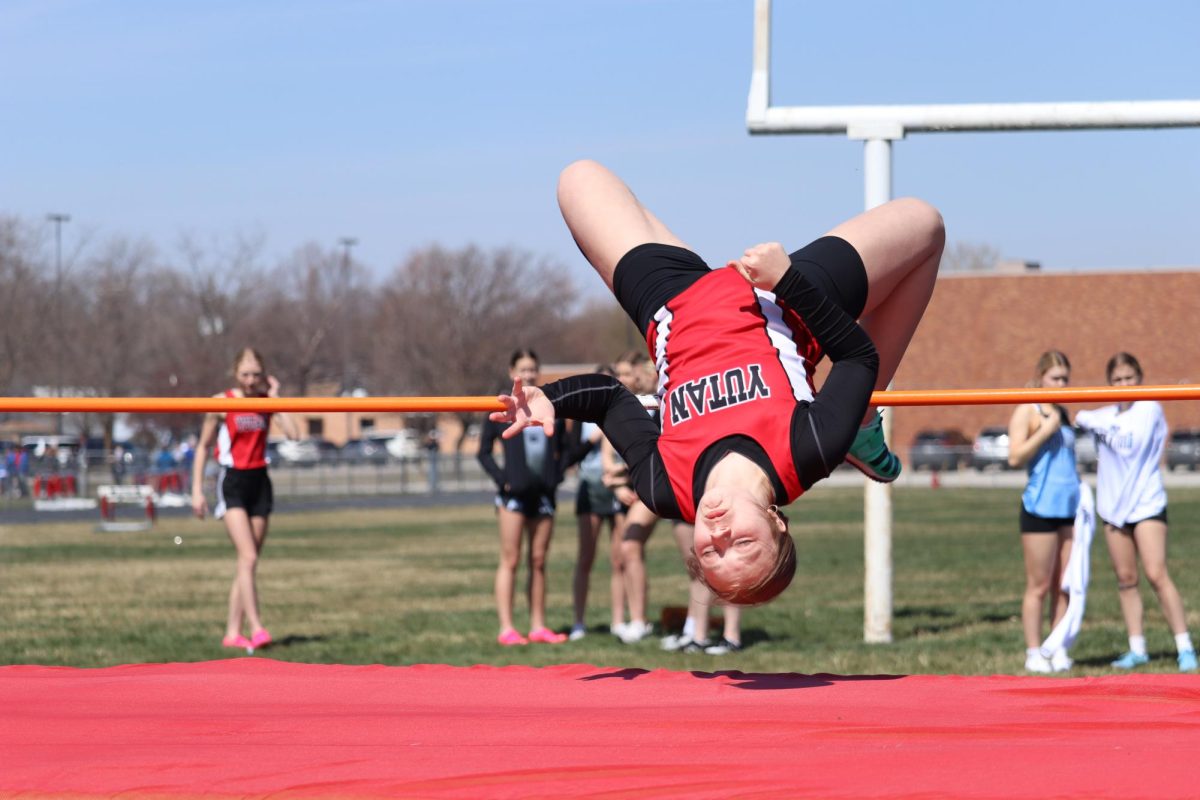During cross country season, I wake up anywhere between 6:00-6:30 a.m., go to school from 8:00 a.m. to 3:30 p.m. and then have practice until as late as 6:00 p.m. Once I get home, I have to eat dinner, shower, do homework and prepare for the next day, where I’ll do it all over again. This is the story of many student-athletes’ lives when they’re in season. Although I enjoy cross country season, it’s such a relief when the season comes to an end and I get a break over the winter. Some people may look down on student-athletes who take an off-season, but having a break in between seasons can be very beneficial.
One benefit of having an off-season is that it can relieve stress. According to the Office of Disease Prevention and Health Promotion, managing stress levels can decrease risk of other conditions such as heart disease, obesity, high blood pressure and depression. As previously mentioned, a student-athlete’s life can get pretty hectic during their season. When my schedule gets super busy, it feels like there are so many things that I need to do but not enough time in the day to get it all done, which can be very stressful. Having an off-season where I don’t have practices or meets frees up more of my time to get everything done and still have time to myself.
Another benefit of having an off-season is academic improvement. According to the Journal of Intercollegiate Sports, a study of collegiate-level athletes showed that student-athletes tend to have a slightly higher GPA when they’re out of season compared to when they’re in season. Like I said before, having an off-season gives student-athletes more time in their day. I choose to use some of this time that I wouldn’t have if I was in season to work on assignments or study. Having an off-season allows students more time to focus on academics and achieve better grades while still getting to participate in sports and activities that they enjoy.
One final benefit of having an off-season is improved performance. This may come as a shock, but there’s research that shows taking a break can actually help athletes be successful in their upcoming season. However, this is only true if you remain active during that time. According to Children’s Health, an off-season gives student-athletes an opportunity to try different activities than what they normally do in-season. For example, during my off-season this winter, I plan on lifting weights. This is not something that I do very often during cross country season, but it allows me to stay active and get stronger for track season. Continuing to run light and working on different skills during the off-season also can help prevent overuse injuries. Being able to train with specific goals in mind and still take things easier to avoid injury are both good ways to use that extra down time to prepare for a successful season.
Overall, students gain so many benefits from having an off-season. It allows students more time to relax and relieve stress, as well as put more effort into academics and prepare for their next season. These are all advantages that I have gained from having an off-season that would also give other athletes the opportunity to be more successful. Next time you catch yourself judging and athlete who’s taking a season off, take a minute to think about all of these benefits I’ve shared with you.








